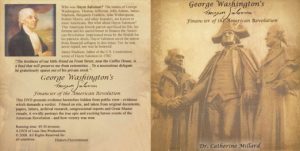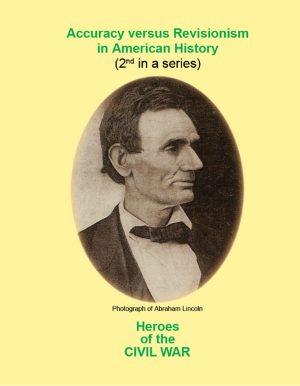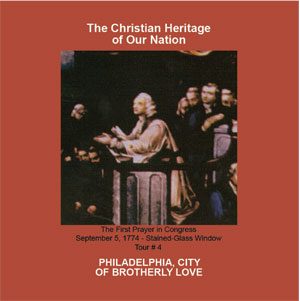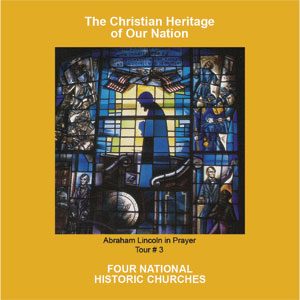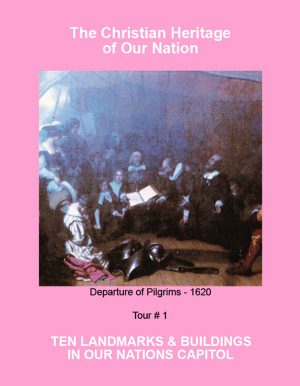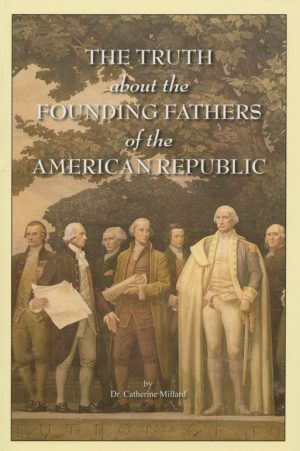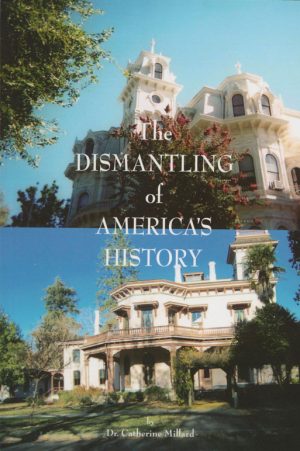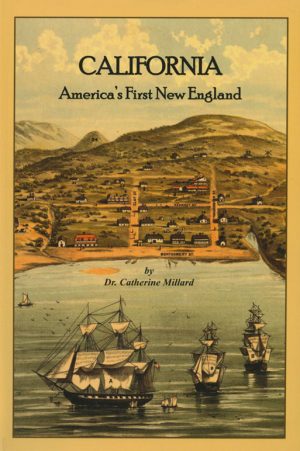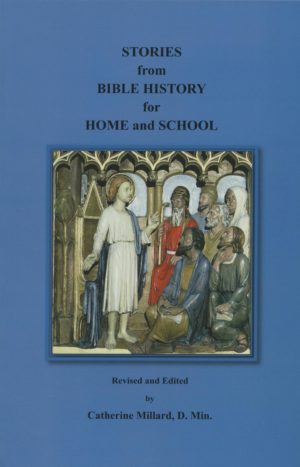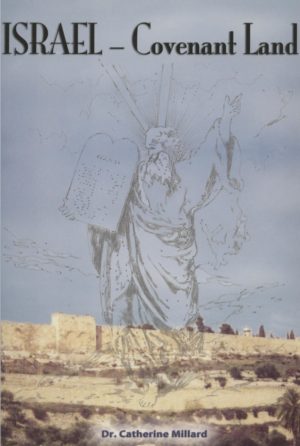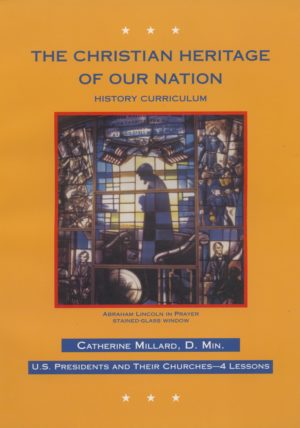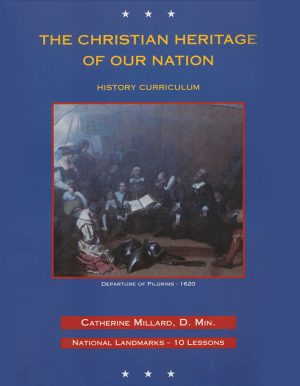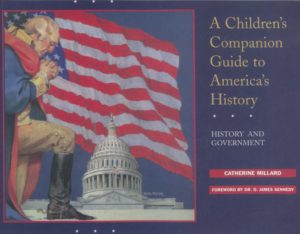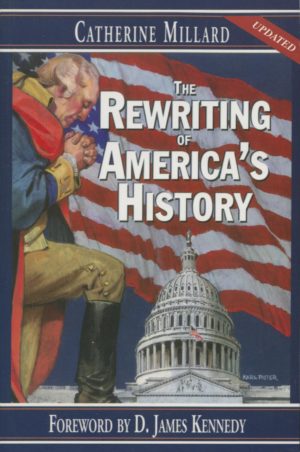Robert E. Lee’s letter denouncing the Institution of Slavery.
Letters to his family during the Civil War.
Robert E. Lee, son of Anne Hill Carter and Major General Light Horse Harry Lee, was born on January 19, 1807 at Stafford Hall, the great Potomac River Plantation. He grew up in the family home, a house built in 1795, situated at 607, Oronoco Street, Alexandria, today an outstanding example of federal architecture, open to the public as a memorial to Virginia’s great southern hero. His father had been a heroic cavalry leader in the Revolution and three times governor of Virginia. When Robert was six, his father, ill, penniless and broken in spirit, left the family for Barbados and never returned. The former hero died on his way back when Robert was 11, so, for all practical purposes, Robert was raised by his mother from age six. Anne Hill Carter was a direct descendant of Robert “King” Carter, the richest and most powerful figure of Virginia’s Golden Age in the early 18th century. Raising her five children almost single-handedly, and giving them a magnificent example of Christian virtue, she is one of the little-celebrated heroines of America. William Fitzhugh, a distinguished contemporary, called her “one of the finest women the state of Virginia has ever produced,” and stressed her “meritorious and successful exertions to support, in comfort, a large family, and give all her children excellent educations.”
Robert E. Lee’s schooling, up to the age of 13, was with a tutor at Eastern View, home of Robert Randolph, his mother’s brother-in-law. From 1820-1823, he studied under William B. Leary at Alexandria Academy. In February, 1825, he was tutored by Benjamin Hallowell, a Quaker schoolmaster at 609, Oronoco Street,* in order to pave the way for his entrance to West Point. At age 18, Lee entered the United States Military Academy as a cadet to train for his distinguished career. In the 1830’s he became a lieutenant.
Lee married Mary Ann Randolph, only surviving child of George Washington Parke Custis, who was George Washington’s adopted grandson. They inherited Arlington Plantation, 1,100 acres of tobacco land across the Potomac River from the capital city. The beautiful Lee-Curtis Mansion, built by George Washington Parke Custis, still stands today. It was in this gracious southern home that their seven children were born and where Lee prayed fervently one entire night for God’s guidance and His perfect will in the soul-wrenching decision – whether to serve with the North or support his homeland and the Confederacy.
In April, 1861, President Lincoln had offered him the field command over the U.S. Army. Lee turned it down, resigning from the army and shortly after joined the Confederacy. In a letter to his sister, he wrote:
With all my devotion to the union and the feeling of loyalty and duty of an American citizen, I have not been able to make up my mind to raise my hand against my relatives, my children, my home. 1
Although Lee owned slaves himself, he believed this system was a travesty, but he felt that the eradication of slavery “would sooner result from the mild and melting influences of Christianity than from the storms and tempests of fiery controversy.”
In a letter to his wife dated December 27, 1856, Robert E. Lee had written:
…In this enlightened age, there are a few, I believe, but will acknowledge that slavery as an institution is a moral and political evil in any country…I think, however, a greater evil to the white than to the black race…the doctrines and miracles of our Savior have required nearly two thousand years to convert but a small part of the human race, and even among Christian nations what gross errors still exist!…2
Historians have rated Lee as one of the greatest military strategists in history. The majority of his battles were fought with unfavorable odds against him, often numbering two-to-one or more, on the opposing side. Not only was he deeply respected by those who served under him, but he even came to be revered by those of the North who saw him as a man of deep character and godly conviction. He symbolized the gallantry and grace of the old south.
A magnificent stained-glass window in the National Cathedral, in Washington, D.C., memorializes this American hero:
To the glory of God. All-righteous and All-merciful, and in undying tribute to the life and witness of Robert Edward Lee, servant of God – Leader of men. General-in-Chief of the armies of the Confederate states whose compelling sense of duty, serene faith and unfailing courtesy, mark him for all eges as a Christian soldier without fear and without reproach. This memorial Bay is gratefully built by the United Daughters of the Confederacy.
Although Lee’s personal preference after the war was to retire, he accepted the presidency of Washington College because he knew that the future of the South depended on the education of southern youth. He helped lift the college from its lowest point of depression. Following his death in 1870, the school was renamed Washington and Lee University. Lee had also played a key role in encouraging the South to accept the defeat graciously and to work toward rebuilding a unity with the North…
Author Benjamin Howell Griswold, Jr. in his book, The Spirit of Lee and Jackson, wrote:
…Lee and Jackson were both professing Christians – most men of their day were that – but on the premise that these men not only professed Christianity, but actually practiced it and endeavored in every way to live according to its much neglected tenets. They were great readers of the Bible, and nearly every act of their lives was directed by their interpretation of its maxims. This was true of their actions not only at home toward their family and neighbors, but even in the camp and on the battlefield toward their enemies…Humility, Purity, Peace-making, Love of Righteousness – virtues neglected – if not a little despised today, seem to have exalted these men and lifted them from the depths of defeat to the pinnacle of fame…3
The following excerpts from Lee’s private correspondence show much of his godly character and vibrant Christianity, specifically: His gratitude to God for His unspeakable mercies; his deep dependence upon God’s crowning help and protection; his desire that Americans should recognize this and be thus rewarded with national success; his abhorrence of war, and its reversal of love into hatred. Lee also shows deep emotion at the death of his gallant soldiers:
To: Mrs. Robert E. Lee, December 25, 1862
from Fredericksburg, Virginia.
My heart is filled with gratitude to Almighty God for His unspeakable mercies with which He has blessed us in this day. For those He has granted us from the beginning of life, and particularly for those he has vouchsafed us during the past year. What should have become of us without His crowning help and protection? Oh, if our people would only recognize it and cease from self-boasting and adulation, how strong would be my belief in final success and happiness to our country! But what a cruel thing is war; to separate and destroy families and friends, and mar the pure joys and happiness God has granted us in this world; to fill our hearts with hatred instead of love for our neighbors, to devastate the fair face of this beautiful world! I pray that, on this day when only peace and good-will are preached to mankind, better thoughts may fill the hearts of our enemies and turn them to peace. Our army was never in such good health and condition since I have been attached to it… My heart bleeds at the death of every one of our gallant men.
R.E. Lee4
And then, Lee’s intense love for his family shines through the following excerpted letter to his daughter, Agnes, written on November 16, 1865, from Lexington, Virginia:
My Precious Little Agnes:
I have just received your letter of the 13th and hasten to reply. It is very hard for you to apply to me to advise you to go away from me. You know how much I want to see you, and how important you are to me…
Your affectionate father,
R.E. Lee5
To learn more, click here.
_____________________
Bibliography:
*Original house still standing, next to Robert E. Lee’s Boyhood Home.
1 American Peoples Encyclopedia. Vol. 12. Chicago: Spencer Press, Inc., 1954, p.120317.
2 Lattimore, Ralston B. The Story of Robert E. Lee, as told in his own words and those of his Contemporaries. Washington, D.C.: Colortone Press, 1964, pp. 22, 23. Library of Congress Collection.
3 Griswold, Benjamin Howell. The Spirit of Lee and Jackson. Baltimore: The Norman Remington Company, 1927, pp. 12-13, 18.
4 Lee, Robert E., Captain. Recollections and Letters of General Robert E. Lee by his son. New York: Doubleday, Page and Company, 1924, pp. 88, 89.
5 Ibid., p. 195.

